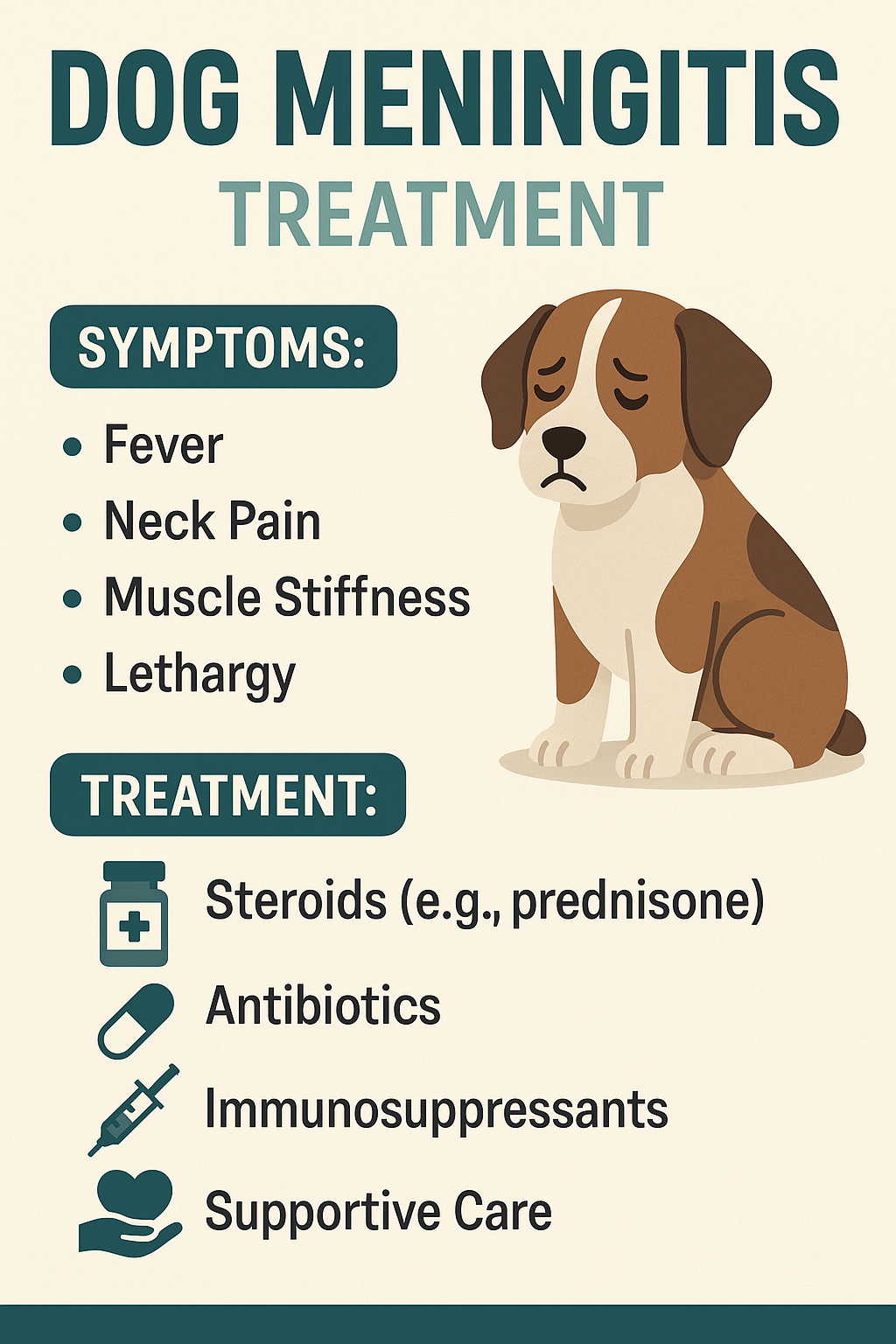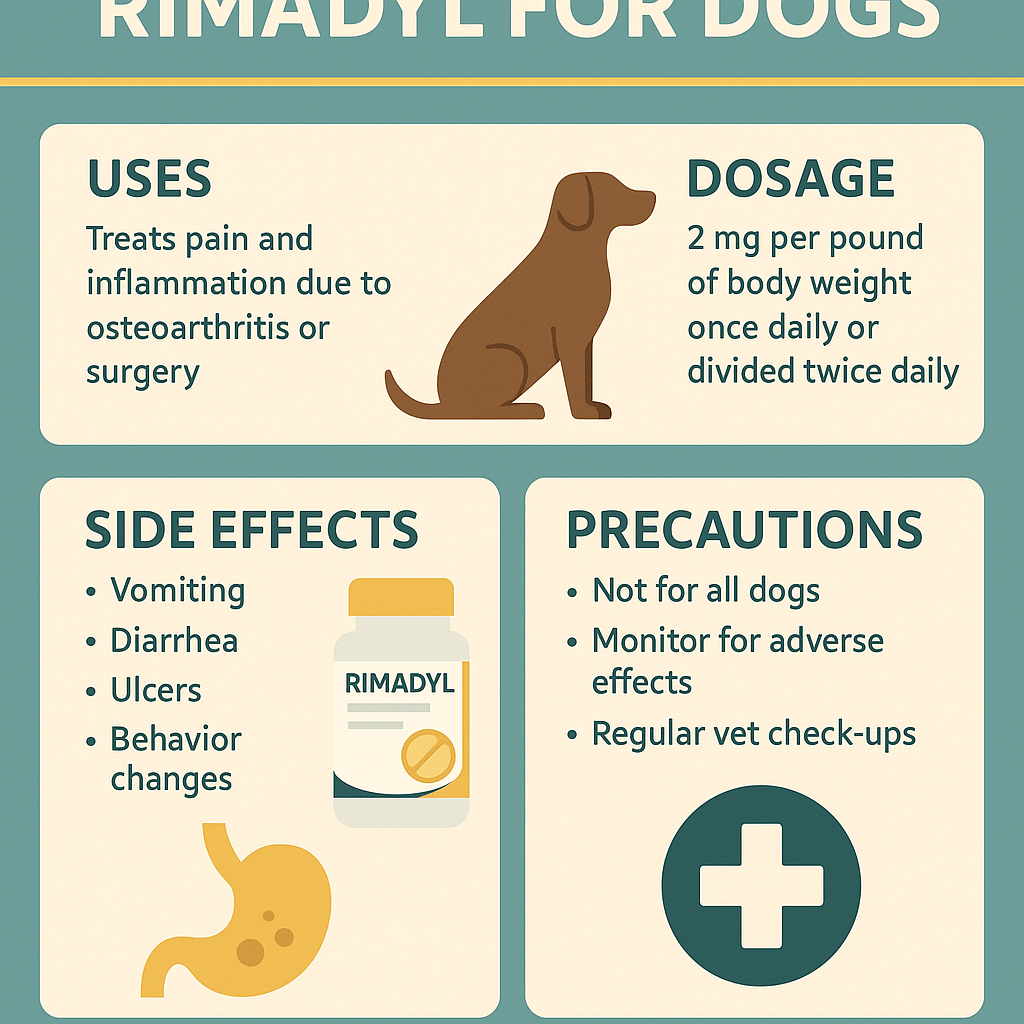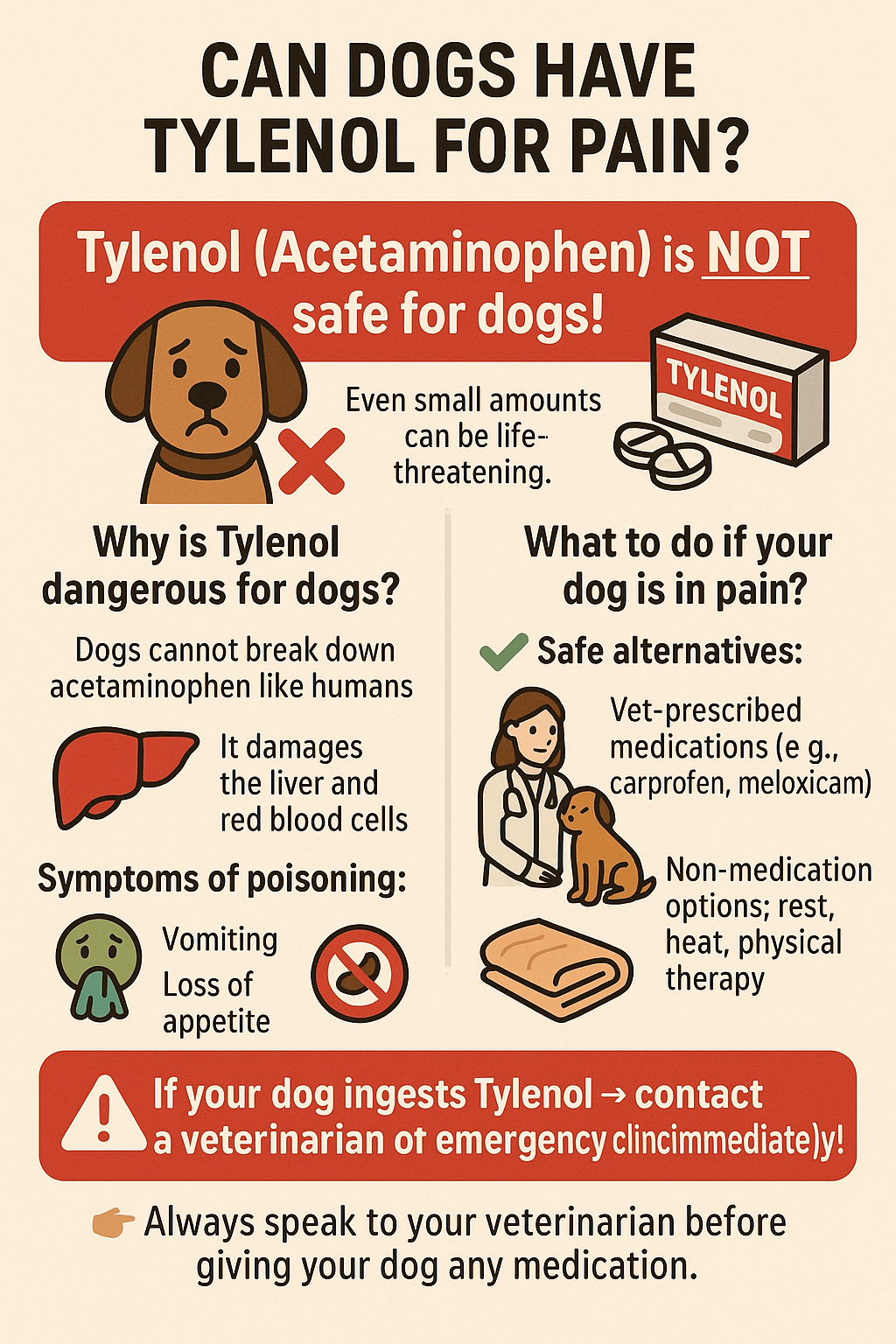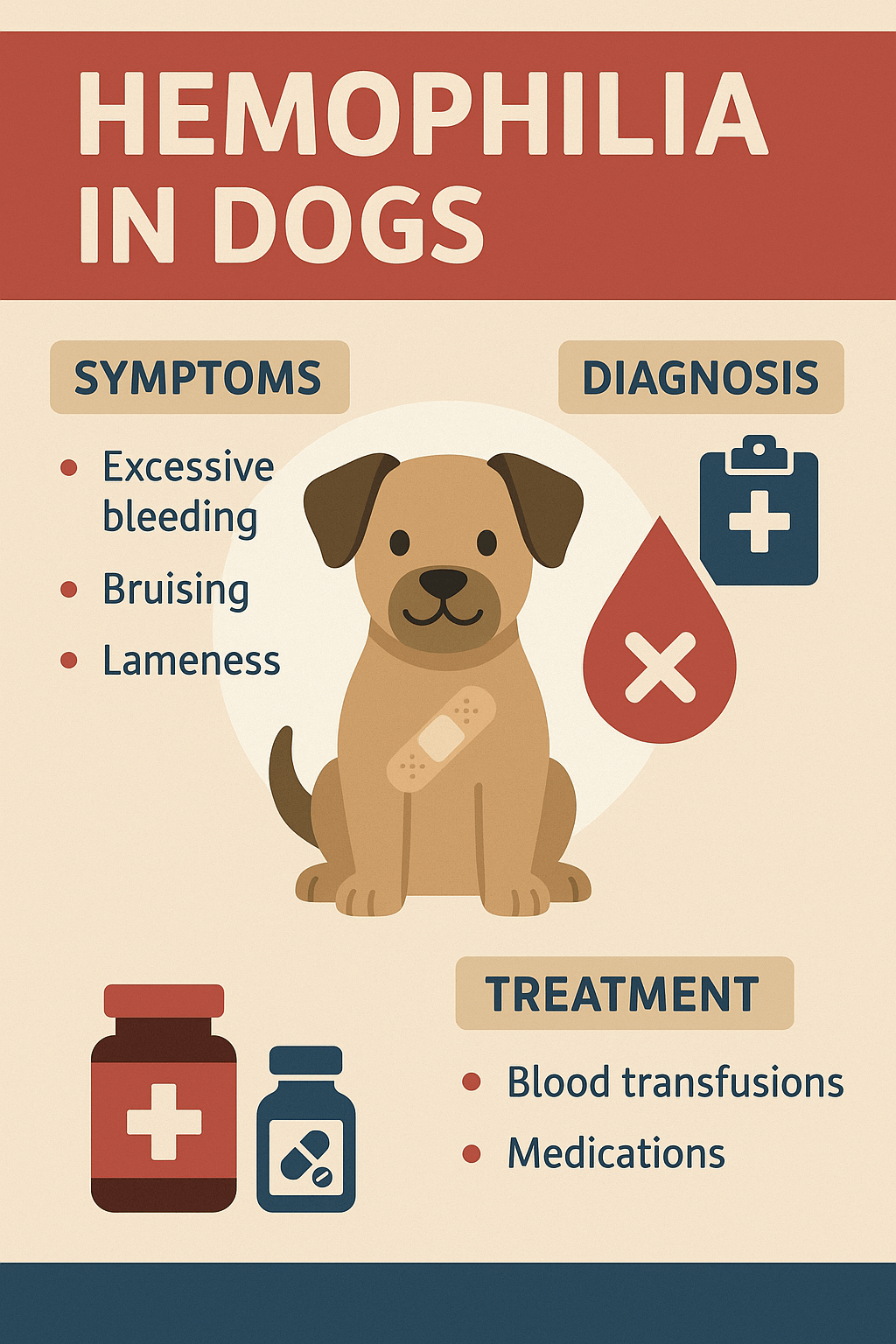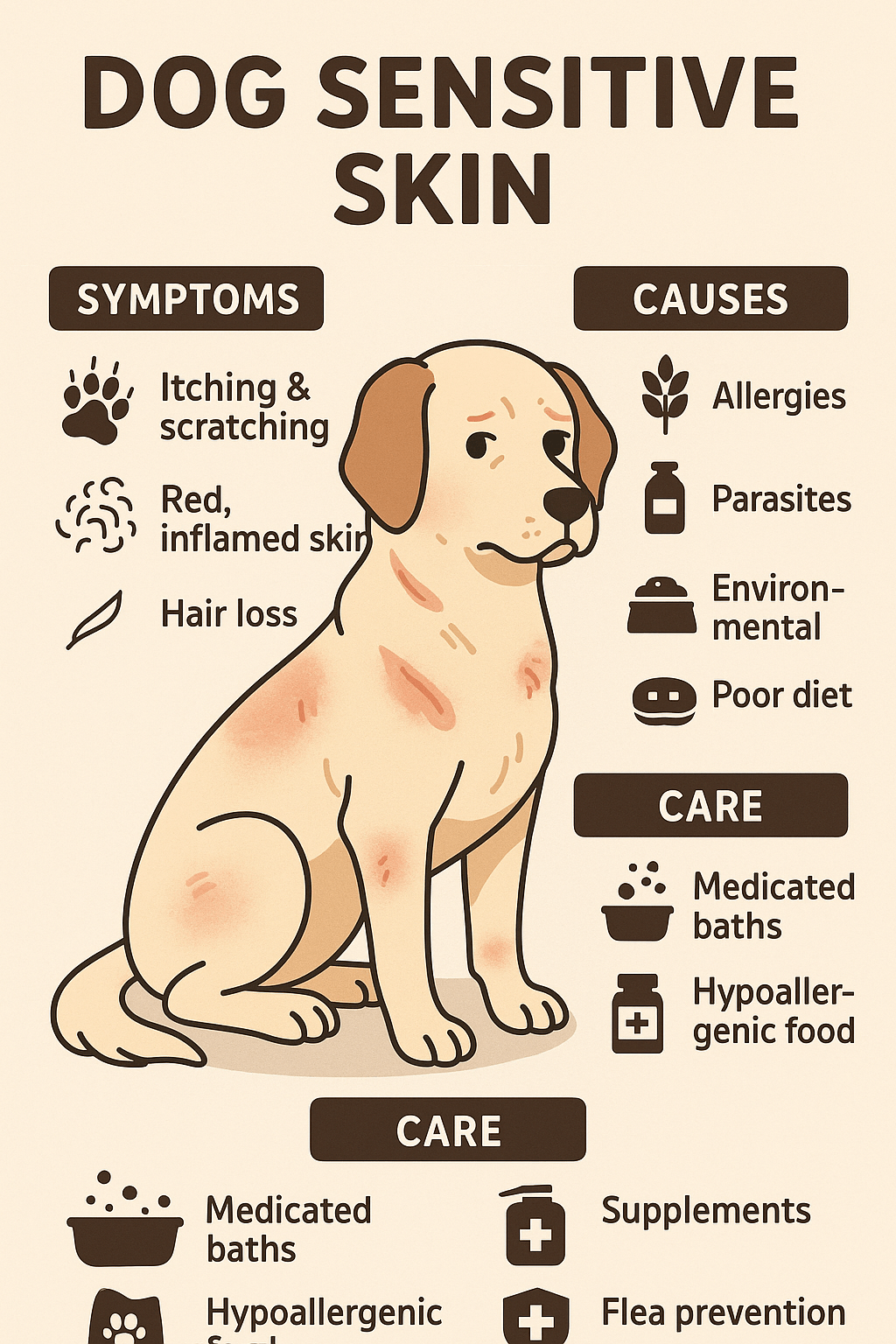Dog Meningitis Treatment: What You Need to Know
Meningitis in dogs is a serious condition that requires prompt attention and proper treatment. This inflammatory disease affects the protective membranes surrounding the brain and spinal cord, leading to symptoms like fever, neck pain, seizures, and lethargy. While meningitis can be life-threatening, early diagnosis and appropriate care significantly improve outcomes. In this blog post, we’ll explore the causes, symptoms, and most importantly, effective treatment options for dog meningitis. Whether you’re a concerned pet owner or simply seeking information, this guide will help you understand how to support your furry friend through this challenging health issue.
Expert Insight on Dog Meningitis Outcomes
“Some meningitis cases, such as bacterial or fungal infections and steroid-responsive meningitis, are curable. Others, such as granulomatous meningoencephalomyelitis (GME), are progressive and have no successful treatment. A veterinarian would then recommend humane euthanasia.”
Common Symptoms of Dog Meningitis
Recognizing the signs of meningitis in dogs is crucial for seeking timely veterinary care. Early detection can make a significant difference in treatment success. Here are some common symptoms to watch for:
Fever:
A sudden spike in body temperature is one of the earliest indicators of meningitis in dogs.Neck Stiffness or Pain:
Dogs may exhibit difficulty lowering their head or show discomfort when touched around the neck area.Lethargy:
Unusual tiredness or lack of energy can signal that your dog is unwell and needs medical attention.Seizures:
Seizures are a severe symptom of meningitis and require immediate veterinary intervention.Loss of Appetite:
A sudden refusal to eat or drink can indicate discomfort or illness, including meningitis.
If your dog displays any combination of these symptoms, it’s essential to consult a veterinarian promptly for a thorough evaluation.
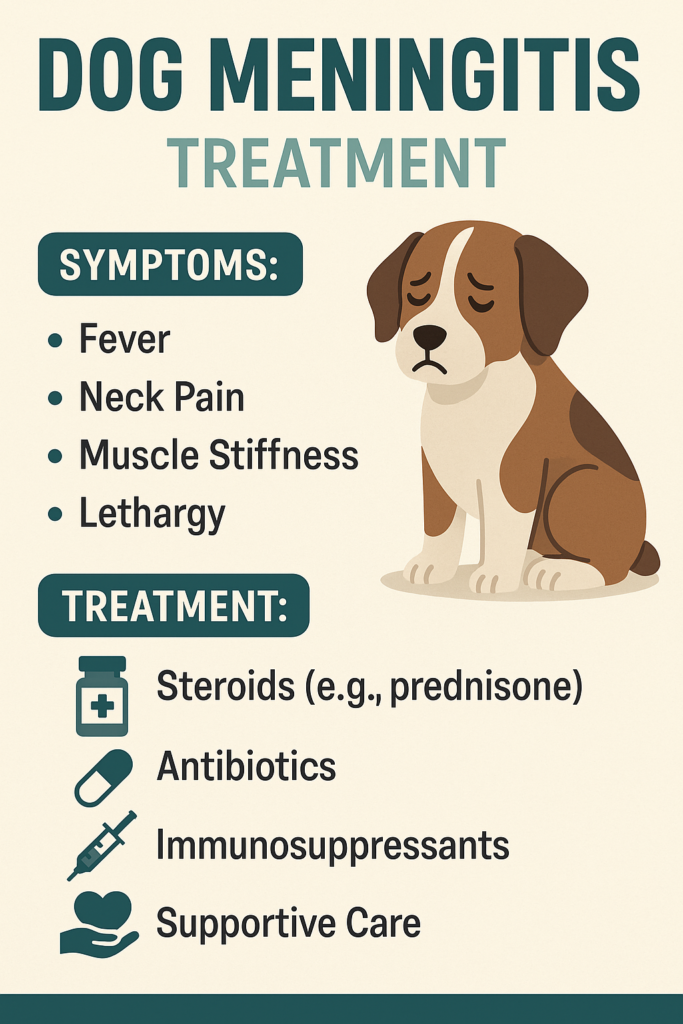
Treatment Options for Dog Meningitis
The treatment for dog meningitis depends on the underlying cause and severity of the condition. Veterinarians typically tailor treatment plans to address the specific needs of each dog. Below are some common approaches used in managing this disease:
Antibiotics:
If bacterial meningitis is diagnosed, antibiotics are prescribed to target and eliminate the infection.Anti-Inflammatory Medications:
Corticosteroids or non-steroidal anti-inflammatory drugs (NSAIDs) are often used to reduce inflammation and alleviate pain.Fluid Therapy:
Intravenous fluids may be administered to prevent dehydration and support overall health during recovery.Pain Management:
Pain relievers are prescribed to ensure your dog remains comfortable while undergoing treatment.Hospitalization:
In severe cases, hospitalization may be necessary to monitor your dog closely and provide intensive care.
With proper treatment and care, many dogs recover successfully from meningitis, though ongoing monitoring is often required.
Check this guide 👉Dog Brain Tumor Symptoms: Best 7 Expert Tips!
Check this guide 👉Dog Brain vs Human Brain: Best 7 Expert Tips!
Causes of Dog Meningitis | Preventive Measures |
|---|---|
Bacterial infections | Regular vet check-ups and vaccinations |
Viral infections | Avoid exposure to sick animals |
Fungal infections | Maintain a clean and hygienic environment |
Immune-mediated diseases | Provide a balanced diet to boost immunity |
Trauma or injury | Supervise outdoor activities to prevent accidents |
Supporting Your Dog During Recovery
Recovery from meningitis can take time, and your role as a pet owner is vital in ensuring your dog heals comfortably. Here are some ways to support your furry companion during this period:
Provide a Quiet Space:
Create a calm and quiet environment where your dog can rest without disturbances.Monitor Symptoms Closely:
Keep an eye on your dog’s behavior and report any worsening symptoms to your vet immediately.Administer Medications as Directed:
Follow your veterinarian’s instructions carefully to ensure your dog receives the full course of treatment.Offer Nutritious Meals:
Feed your dog high-quality food to strengthen their immune system and aid recovery.Limit Physical Activity:
Restrict exercise and strenuous activities until your vet confirms it’s safe to resume normal routines.
By providing attentive care, you can help your dog regain their health and vitality after battling meningitis.
Potential Complications of Untreated Meningitis
Failing to treat meningitis in dogs can lead to severe complications that endanger their quality of life. Understanding these risks underscores the importance of timely intervention.
Permanent Neurological Damage:
Untreated meningitis can result in lasting damage to the brain or spinal cord, affecting mobility and cognition.Seizure Disorders:
Chronic seizures may develop if the condition progresses unchecked, requiring lifelong management.Organ Failure:
Severe infections can spread throughout the body, potentially leading to organ failure.Behavioral Changes:
Dogs may exhibit anxiety, aggression, or other behavioral issues due to neurological impacts.Death:
Without treatment, meningitis can be fatal, particularly in acute or advanced cases.
Prompt veterinary care is essential to prevent these devastating outcomes and give your dog the best chance at recovery.
Signs It’s Time to Visit the Vet
Knowing when to seek veterinary care is critical for addressing meningitis before it worsens. Here are warning signs that indicate it’s time to visit the vet:
Persistent Fever:
If your dog has a fever that doesn’t subside within 24 hours, it could signal an underlying issue.Unexplained Aggression or Withdrawal:
Sudden changes in behavior, such as aggression or extreme withdrawal, may point to neurological distress.Difficulty Walking or Standing:
Weakness or inability to walk properly suggests potential spinal or brain involvement.Frequent Vomiting or Diarrhea:
Gastrointestinal upset accompanied by other symptoms should not be ignored.Head Pressing Against Walls:
This unusual behavior indicates increased intracranial pressure, a sign of serious neurological problems.
Acting quickly when you notice these signs can save your dog’s life and prevent further complications.
Preventing Recurrence of Meningitis
Once your dog has recovered from meningitis, taking steps to prevent recurrence is essential. These measures can safeguard your dog’s long-term health:
Maintain Regular Vet Visits:
Schedule routine check-ups to catch potential issues early and ensure ongoing wellness.Boost Their Immune System:
Provide a nutrient-rich diet and consider supplements like omega-3 fatty acids to enhance immunity.Minimize Stress:
Reduce stressors in your dog’s environment to lower the risk of immune-mediated conditions.Practice Good Hygiene:
Keep your dog’s living space clean and free of harmful pathogens.Avoid Exposure to Sick Animals:
Limit contact with unfamiliar or visibly ill animals to reduce infection risks.
By implementing these strategies, you can minimize the likelihood of meningitis recurring in your dog.
Alternative Therapies for Supporting Recovery
In addition to conventional treatments, alternative therapies can complement your dog’s recovery process. These options focus on holistic healing and comfort:
Physical Therapy:
Gentle exercises and stretches can improve mobility and muscle strength after illness.Acupuncture:
Acupuncture may help relieve pain and promote relaxation in dogs recovering from meningitis.Herbal Supplements:
Natural remedies like turmeric or echinacea may support immune function under veterinary supervision.Massage Therapy:
Massages can ease muscle tension and encourage blood flow, aiding recovery.Hydrotherapy:
Water-based exercises provide low-impact rehabilitation for dogs regaining strength and coordination.
While these therapies should never replace professional medical treatment, they can enhance your dog’s overall well-being during recovery.
Frequently Asked Questions About Dog Meningitis Treatment
What causes meningitis in dogs?
Meningitis can result from bacterial, viral, or fungal infections, immune-mediated diseases, or trauma.
Can meningitis be cured in dogs?
With early diagnosis and proper treatment, many dogs recover fully, though some may require long-term care.
How is meningitis diagnosed?
Diagnosis typically involves physical exams, blood tests, imaging (like MRI or CT scans), and cerebrospinal fluid analysis.
Is meningitis contagious to other pets?
Certain types of meningitis can spread among animals, so isolating affected dogs is recommended until the cause is identified.
How long does recovery take?
Recovery times vary but generally range from weeks to months, depending on the severity and underlying cause.
Empowering Your Dog’s Journey to Health
Treating dog meningitis requires dedication, patience, and collaboration with your veterinarian. By understanding the symptoms, treatment options, and preventive measures, you’re better equipped to protect your beloved pet from this serious condition. Remember, early intervention and consistent care are key to ensuring a successful recovery. With love, attention, and the right medical support, your dog can overcome meningitis and return to living a happy, healthy life by your side.
Rimadyl for Dogs: Best 7 Expert Tips! Discover expert advice on using Rimadyl safely, managing pain, and improving your dog’s mobility with trusted veterinary insights.
Can Dogs Have Tylenol for Pain? Best 7 Expert Tips! Discover the risks, safe alternatives, and expert advice on managing your dog’s pain effectively while avoiding harmful medications.
Understanding Hemophilia in Dogs: Best 7 Expert Tips! Discover expert advice on managing hemophilia, recognizing symptoms, and ensuring your dog’s well-being with practical care strategies.
Understanding Dog Sensitive Skin: Best 7 Expert Tips! Discover expert advice on managing dog sensitive skin, relieving irritation, and improving your pup’s comfort with practical solutions.

